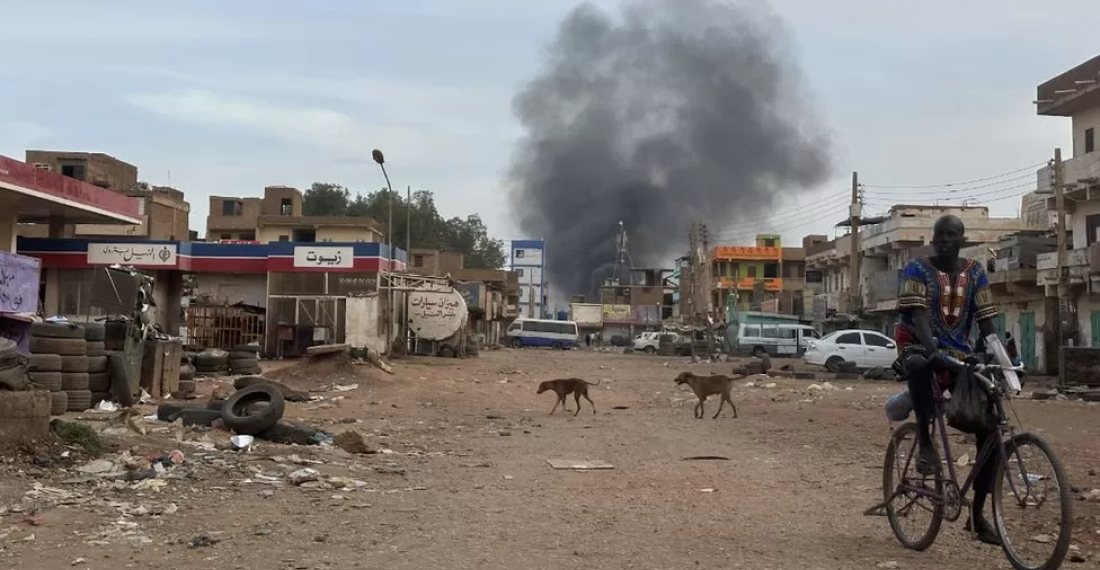The Sudanese capital of Khartoum has been hit with air strikes despite a ceasefire that was supposed to allow civilians to flee.
Fighting between the Sudanese army the a rival paramilitary group, the Rapid Support Forces (RSF), broke out on Sunday (15 April) as talks over a transition to a civilian government broke down, and a power struggle between the army and the RSF erupted into violence.
The army has said that the purpose of the air strikes was to flush out the RSF from the capital, Khartoum, reports the BBC.
More than 500 people are confirmed to have been killed in the fighting, with the true number likely much higher. Over the past week, there have been reports of increasing food and water shortages in Khartoum as residents were unable to go outside having been warned against doing so.
Despite attempts at enabling civilians to evacuate, millions are believed to still be stuck inside the capital.
Last week, many countries evacuated diplomats and civilians from Sudan, including the US, European countries, and many GCC countries.
Aid begins to arrive, thousands being evacuated to Saudi Arabia
The BBC also reports that aid has begun to arrive in the country, with an International Red Cross flight arriving in the country yesterday, on Sunday (30 April), in the Red Sea city of Port Sudan.
"With hostilities still ongoing, ICRC teams will need guarantees of safe passage from the parties to the conflict to deliver this material to medical facilities in locations with active fighting, such as Khartoum," a statement said.
Thousands of people have arrived in Port Sudan seeking evacuation to Jeddah in Saudi Arabia, including many Yemenis, Syrians and citizens of South Asian states such as Pakistan.






